The Tower of Babel
Then they said, “Come, let us build ourselves a city, with a tower that reaches to the heavens, so that we may make a name for ourselves; otherwise we will be scattered over the face of the whole earth.”
Genesis 11:4
If you’ve been to London in the last few years, you will no doubt have noticed ‘The Shard’ a recent office development near London Bridge station. You may even have caught a glimpse of it if you’re watching The Apprentice on BBC1 since it features heavily in the programme’s title sequence. This vast building is over a thousand feet tall, and is, at present, the tallest building in the European Union. I have to admit that when the design was unveiled, I was sceptical. Skyscrapers are all well and good in New York, but do we need them in London? Since its completion, though, I have have grown to quite like its graceful lines and what it brings to London’s sky line.
Humans have always wanted to build tall buildings. In today’s reading, we see perhaps the human race’s first attempt to build a skyscraper. Known to us as the Tower of Babel, the designers wanted to construct a building that would reach to the heavens, and demonstrate the ingenuity of humans. Another important factor in the decision to construct this tower was to try and keep people together, and prevent them from being “scattered over the face of the earth.”
Of course, if you know this story, you’ll know that it ultimately ended in failure. The tower displeased God; he changed human speech so that rather than speaking just one language, as had previously been the case, humans spoke lots of different languages. Not only that, but God scattered the people far and wide, he “dispersed them from there over the face of the earth.”
Why did God act in such an extreme way? He responded the way he did because humankind was not interested in honouring God, and placing him first in all they did. Rather, they were only interested in trying to “make a name” for themselves. They were trying to demonstrate that they had no need for God anymore, that they could get by on their own. God was also disappointed because they were openly disobeying the command he had given them to “fill the earth.” They were concerned that if they dispersed, they would be weak and so decided that the best thing to do to keep everyone together in one place was to build upwards.
Are we like the builders of the Tower of Babel? Do we openly disobey God’s commands to us? Do we place our trust in our own abilities, or in God? Are we more concerned about making a name for ourselves, or about trusting God? Why not reflect on these questions today, and pray that God will help us to lean on him, not on ourselves.
Originally published 19th July 2011. Modified 30th January 2015.


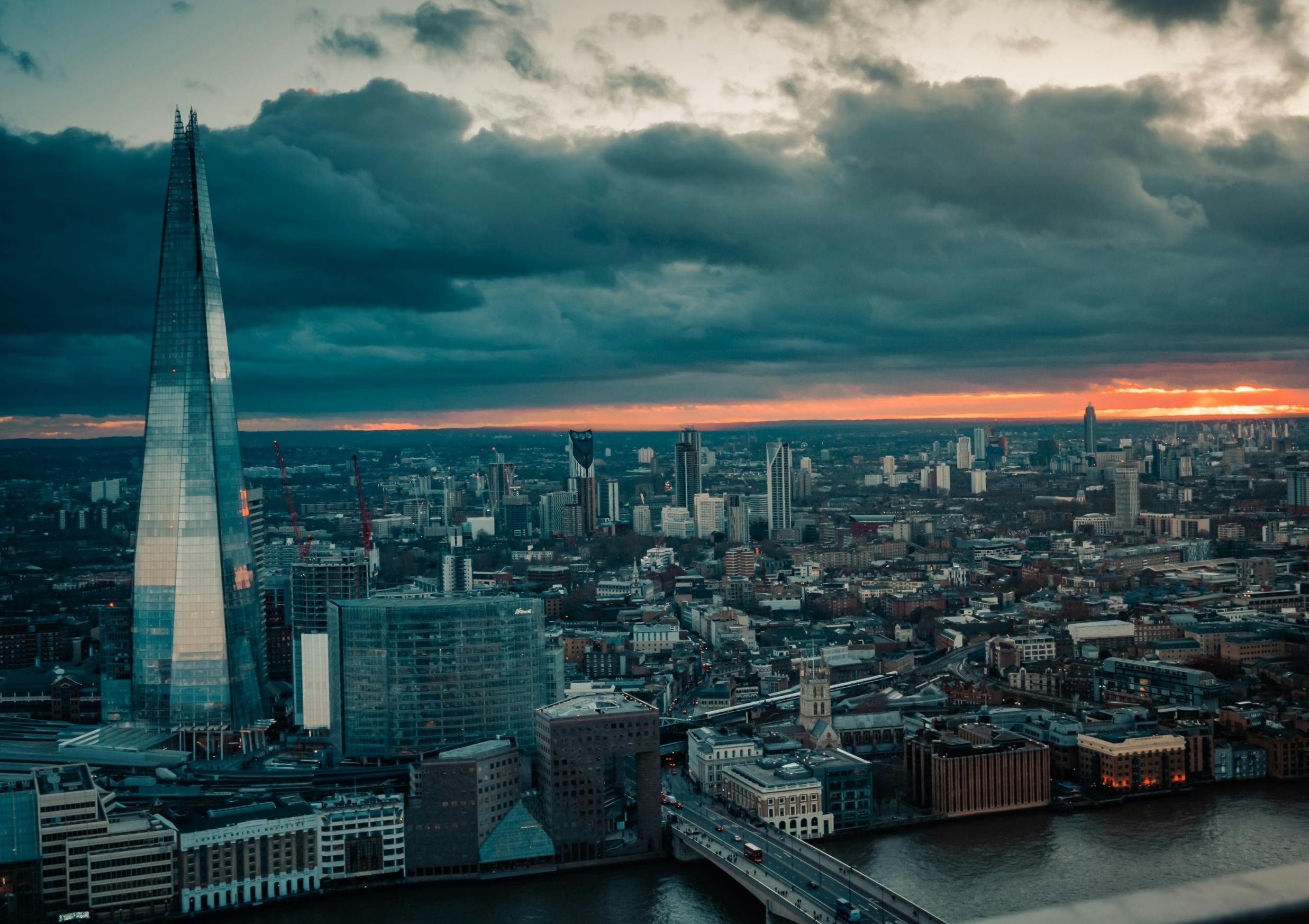
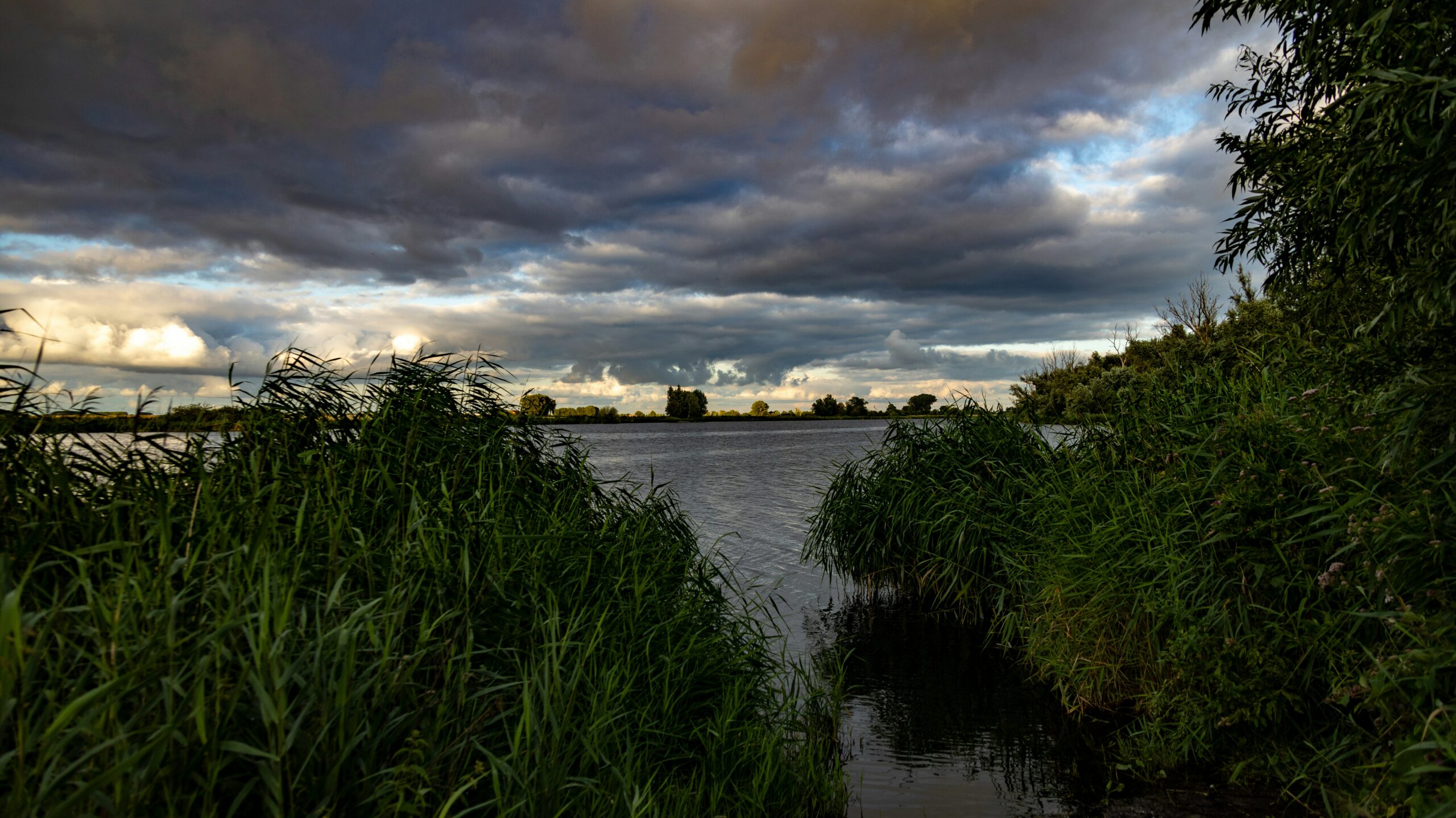
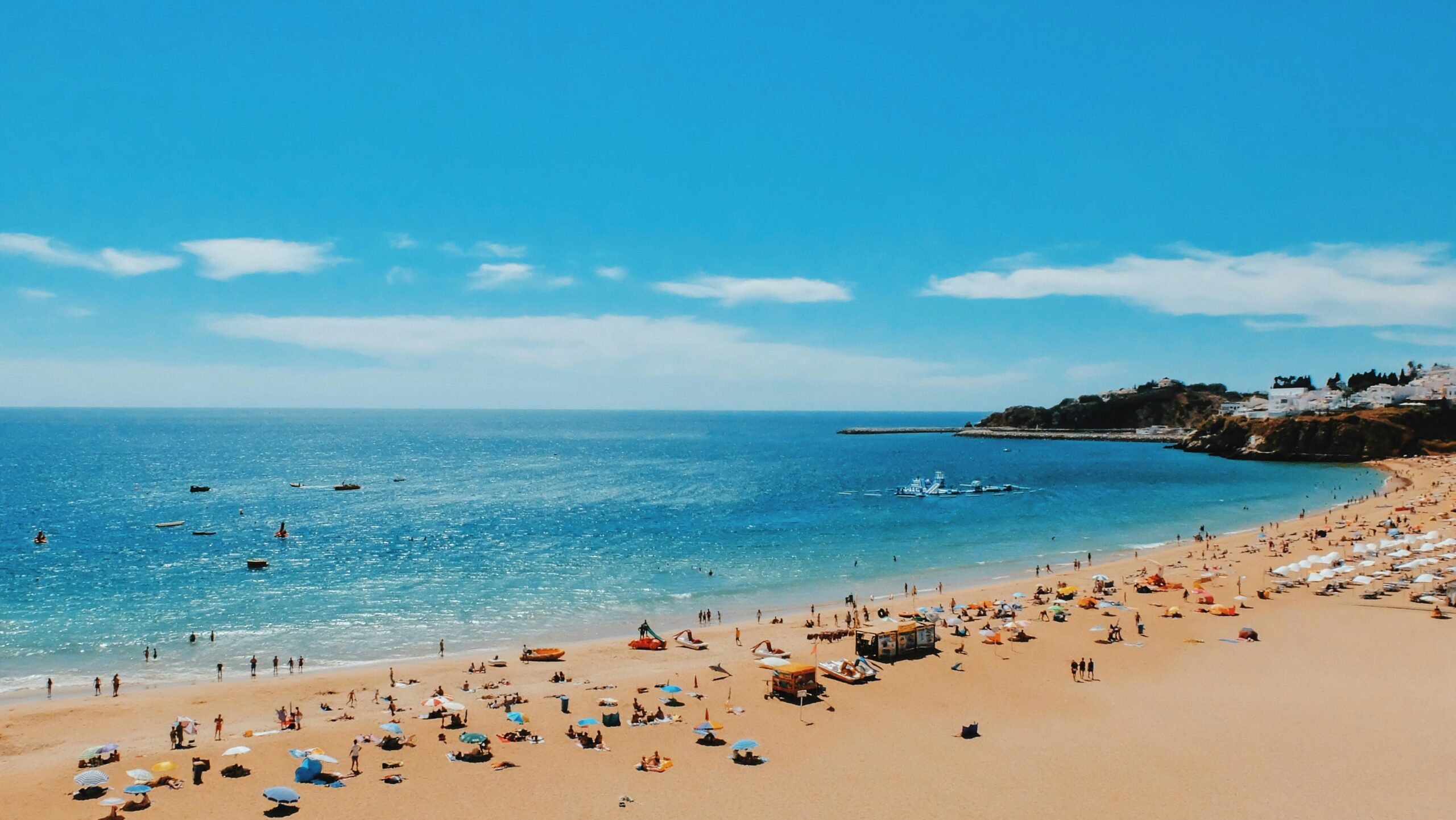
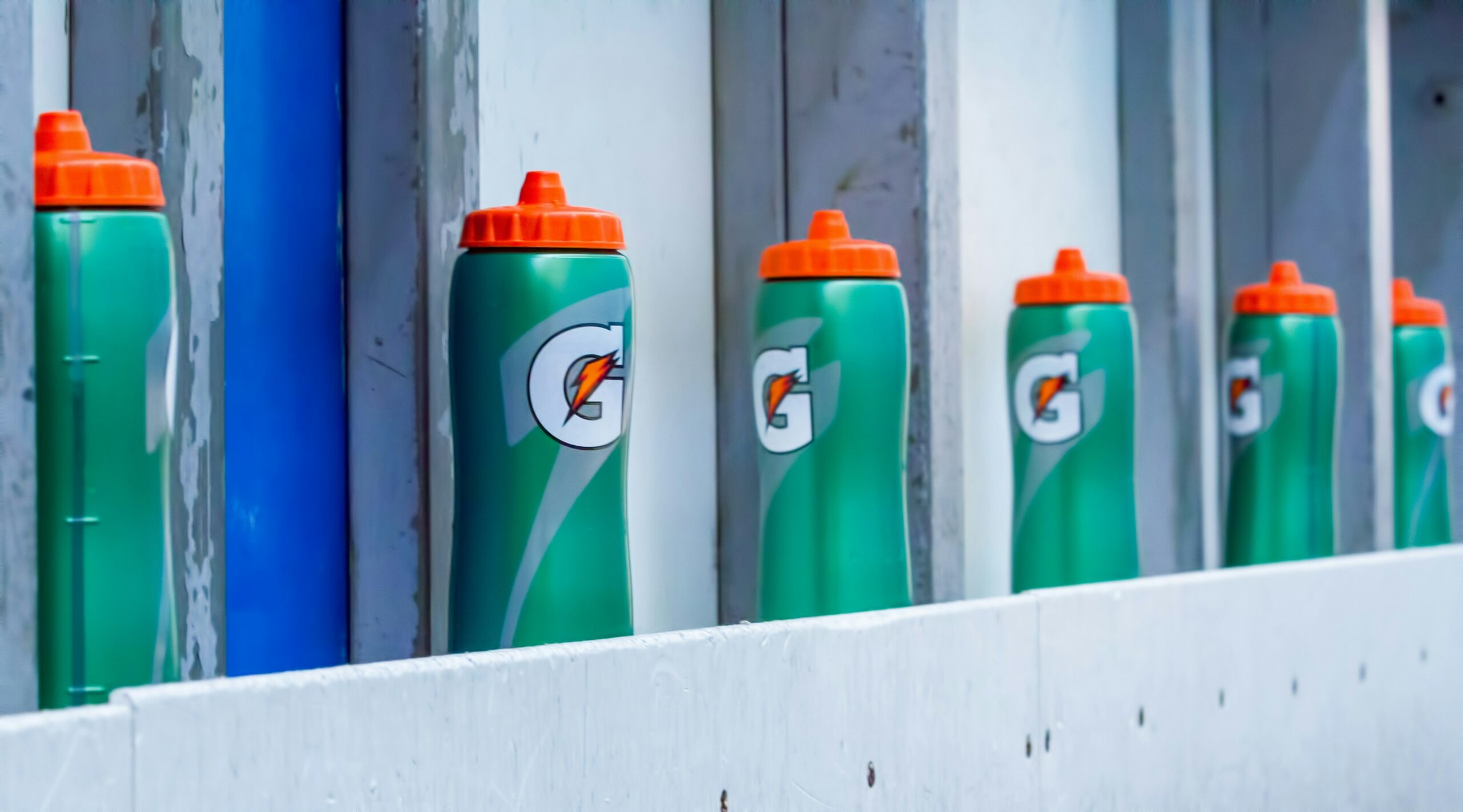


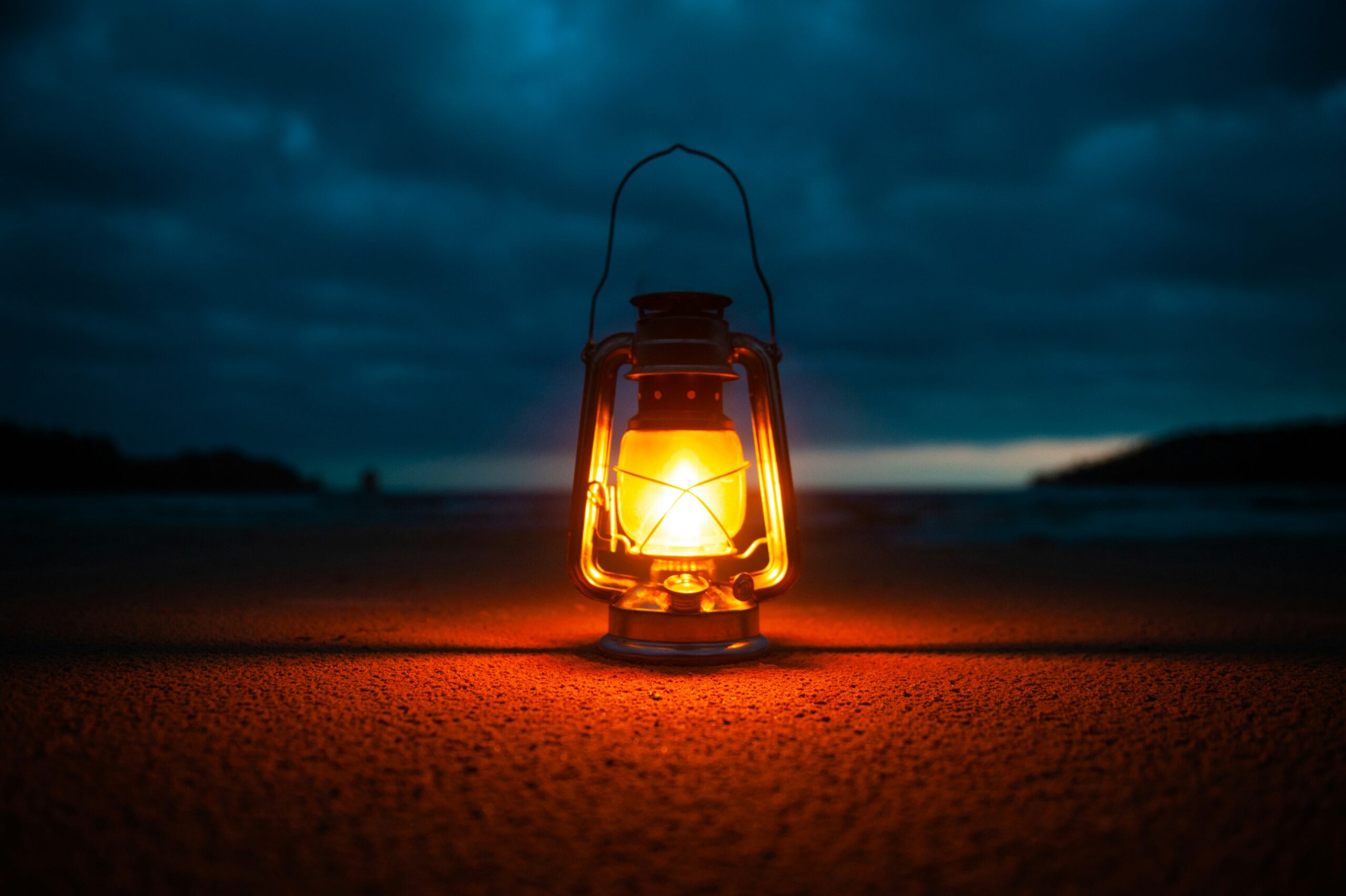

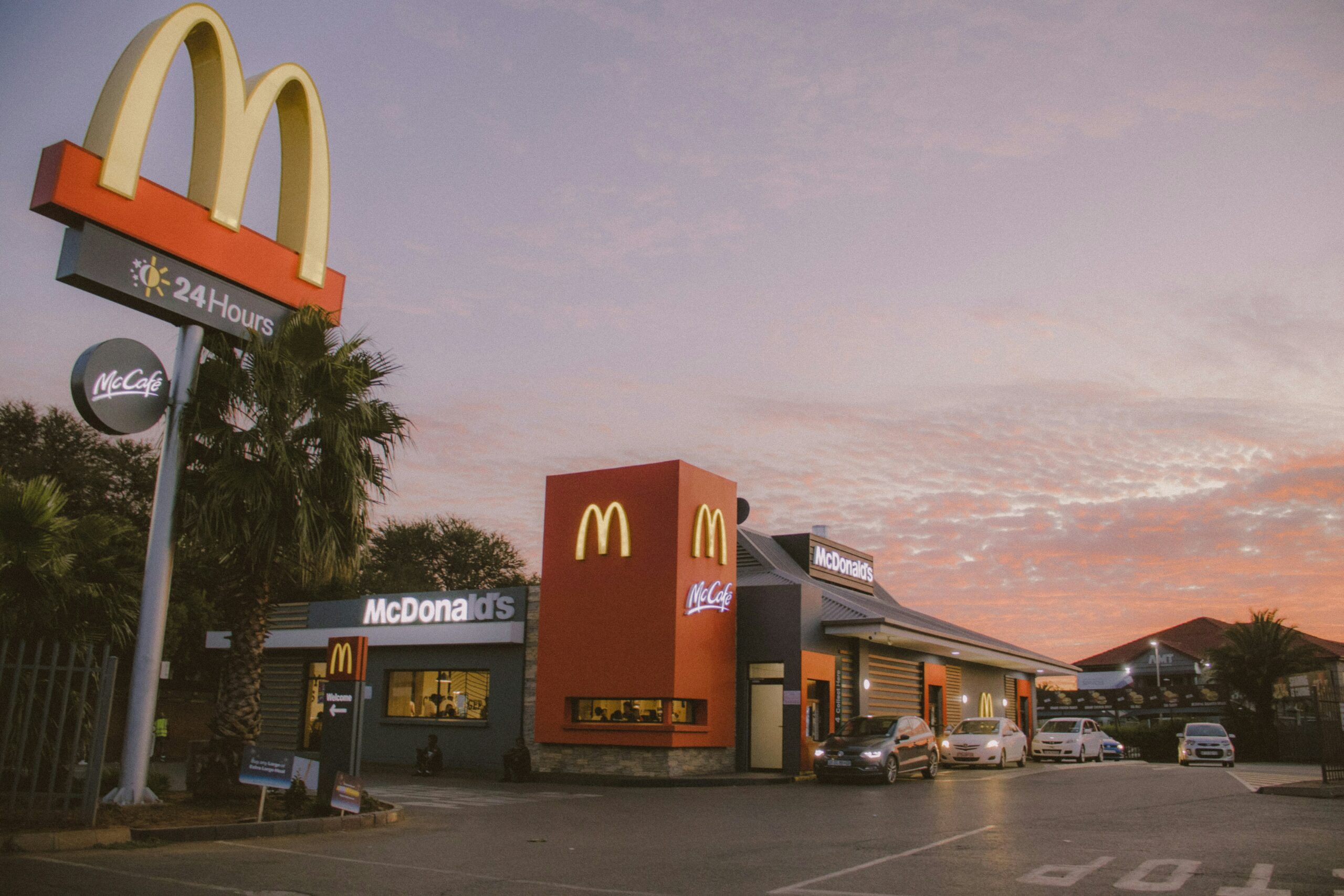
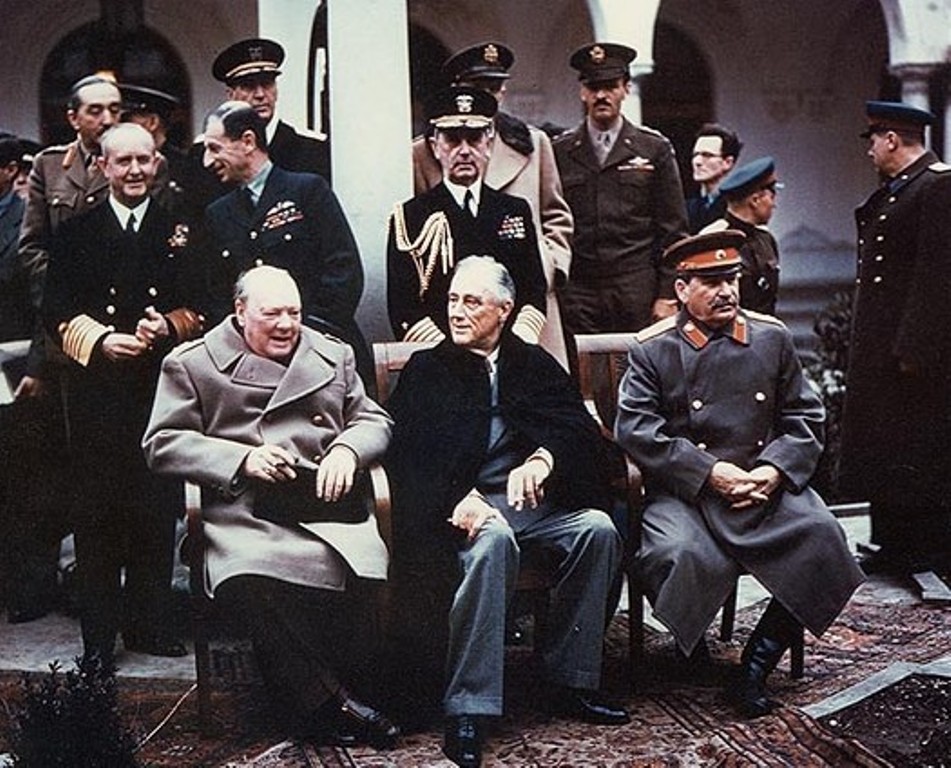
Leave a Comment